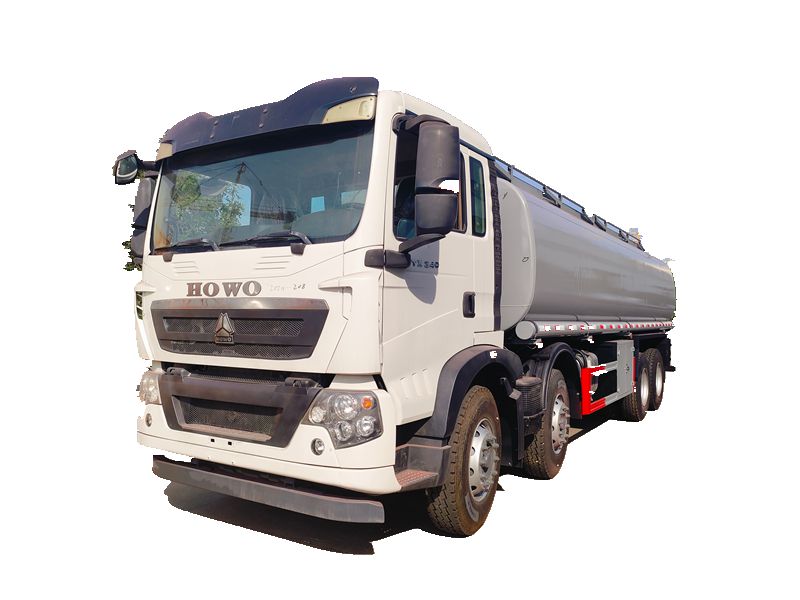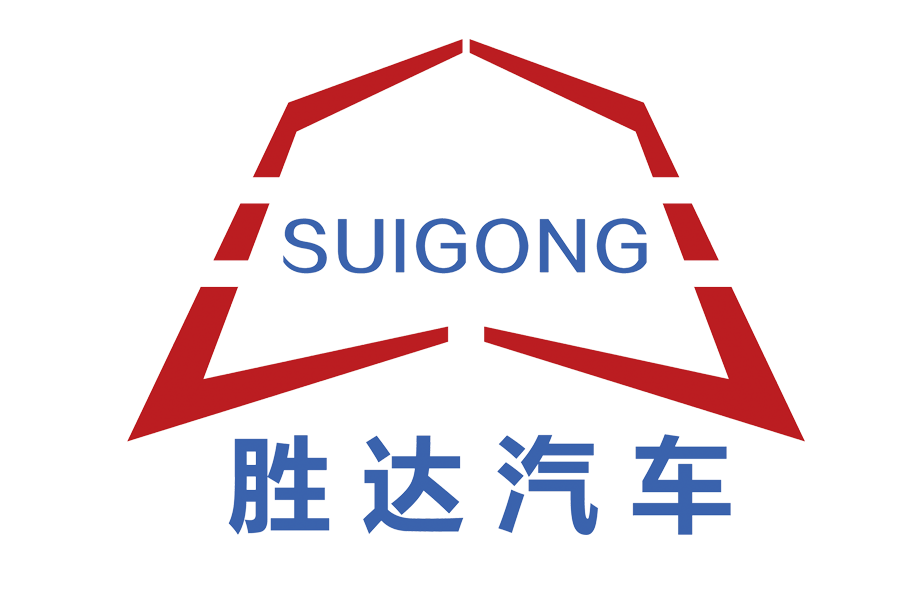Specialized Tankers for niche Industries
The rise of renewable energy and specialty chemicals has led to the development of specialized tanker trucks. Manufacturers are now producing tankers with customized compartments to transport biogas, liquid fertilizers, and pharmaceutical-grade liquids, which require strict temperature and pressure controls.
In Brazil, a bioenergy company has commissioned a fleet of tankers designed specifically for transporting ethanol. These vehicles feature insulation systems that maintain the ethanol’s purity during long-distance transport, ensuring it meets the strict standards of the automotive and beverage industries. “Specialized tankers are no longer a luxury; they’re a necessity for industries that demand precision in liquid transportation,” explains Carlos Silva, a bioenergy consultant in São Paulo.

Regulatory Adaptations for Changing Cargo
As the types of liquids transported by tankers diversify, regulatory bodies are updating standards to address new risks. The International Maritime Organization (IMO) has introduced new guidelines for tankers carrying liquefied natural gas (LNG), requiring enhanced safety features and crew training.
In the European Union, regulations now mandate that tankers transporting pharmaceutical liquids undergo regular sanitization audits, similar to those in the food industry. “The goal is to ensure that every step of the transportation process maintains the integrity of the cargo, especially when it comes to products that impact public health,” says a representative from the European Medicines Agency.
Challenges in Urban Logistics
While tanker trucks are essential, their size and weight present challenges in urban areas with narrow streets and strict emissions regulations. Cities like Tokyo and Paris are experimenting with smaller, more maneuverable tanker trucks for last-mile deliveries of fuels and industrial liquids.
Tokyo’s municipal government has partnered with local manufacturers to develop compact electric tankers that can navigate crowded urban areas. These vehicles have a smaller capacity but are ideal for delivering to small businesses and residential complexes. “We’re reimagining how tanker trucks fit into urban landscapes, prioritizing efficiency and sustainability,” says Yuki Tanaka, a transportation planner in Tokyo.
As the tanker truck industry adapts to new markets and technologies, its future lies in a combination of innovation, specialization, and regulatory compliance. Whether transporting essential fuels in emerging economies or high-precision liquids in developed nations, these vehicles will remain a cornerstone of global liquid transportation, evolving to meet the needs of a changing world.

